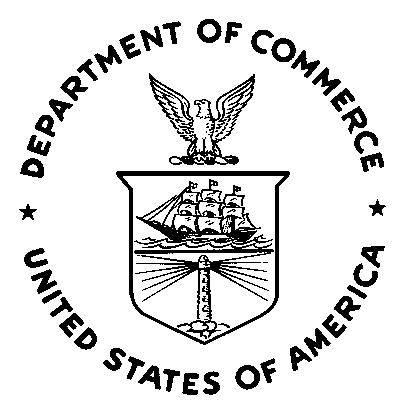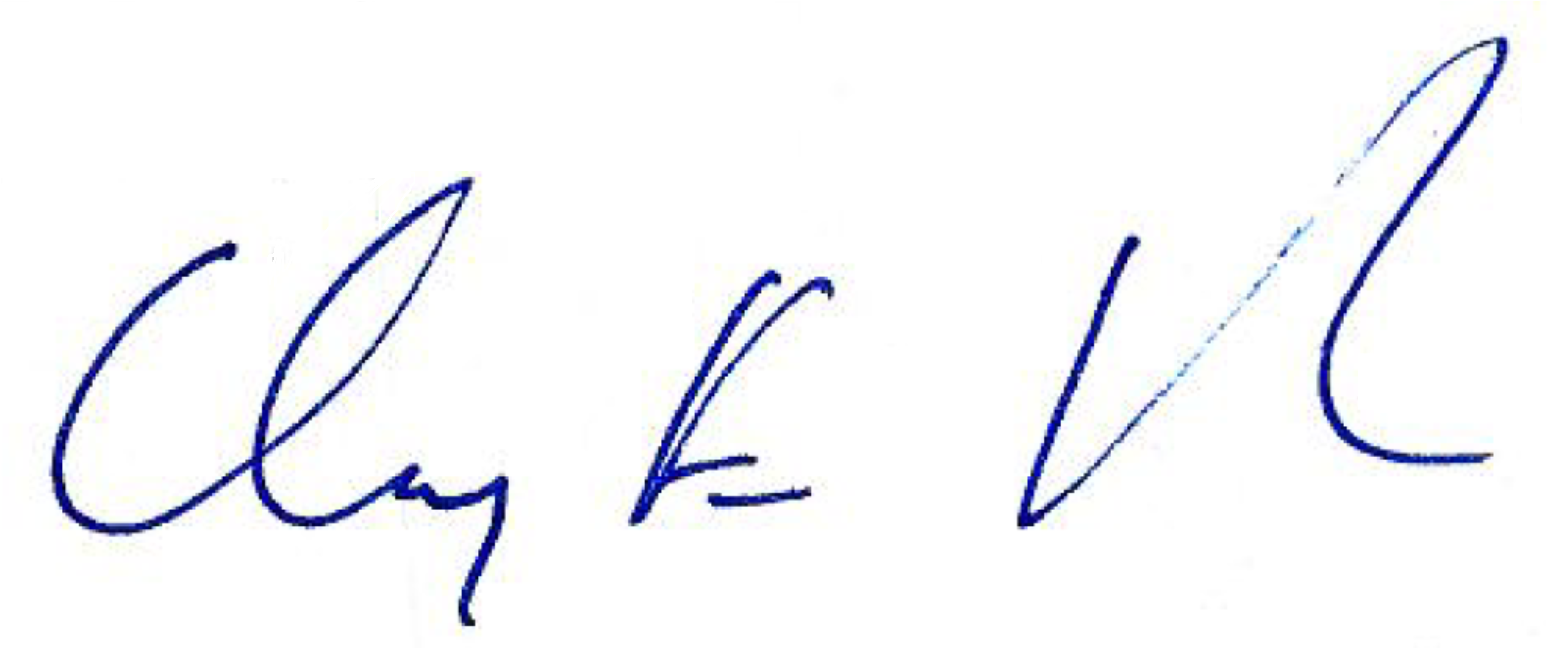Gulf of Mexico Reef Fish and Shrimp Observer Program
NMFS Observer Programs' Information That Can Be Gathered Only Through Questions
Skimmer_Selection_Letter
Gulf of Mexico Reef Fish and Shrimp Observer Program
OMB: 0648-0593

United States Department of Commerce
National Oceanic and Atmospheric Administration
National Marine Fisheries Service
Southeast Fisheries Science Center
75 Virginia Beach Drive
Miami, FL 33149
Date: MONTH XX, YEAR
Vessel Owner
Street Address
City, State Zip
Dear License Holder:
This letter is to inform you that your vessel, Vessel Name, Doc#, has been selected to carry an observer for the YEAR Commercial Skimmer Shrimp season. Once you have completed a minimum of 5 sea days you are no longer required to carry an observer during the YEAR selection period.
NOAA’s authority to require observer coverage is found in the Magnuson-Stevens Fishery Conservation and Management Act (16 U.S.C. 1801 et seq.), the Endangered Species Act (16 U.S.C. 1531 et seq.), and the Marine Mammal Protection Act (16 U.S.C. 1361 et seq.) and their respective implementing regulations.
Upon receipt of this letter, you are required to contact the observer coordinator within 24 hours to make arrangements to carry an observer. Even if you are not planning to shrimp this season, or are no longer in possession of the vessel, you are still required to contact the observer coordinator.
Primary Contacts: Secondary Contact:
Mike Harrelson, Observer Coordinator Elizabeth Scott-Denton, Program Manager
Pat Cryer, Observer Coordinator National Marine Fisheries Service
Matt Duffy, Observer Coordinator Southeast Fisheries Science Center
Ellen Sikes, Assistant Observer Coordinator Galveston Laboratory
Voice: (409) 766‑3525 4700 Avenue U
National Marine Fisheries Service Galveston, TX 77551
Galveston Laboratory Voice: (409) 766‑3571
4700 Avenue U FAX: (409) 766‑3508
Galveston, TX 77551
FAX: (409) 766‑3489
After the initial contact with an observer coordinator, as the owner or operator of a vessel that is selected for observer coverage, under MSFCMA § 303(b) (8), you must notify the National Marine Fisheries Service (NMFS) before commencing any fishing trip that may result in the harvest of any shrimp species. You are required to notify the observer coordinator by fax (attached form) or phone at least 48 hours prior to each fishing trip.
Once a NMFS-certified observer is placed aboard your vessel, you are required to:
1. Provide the observer with accommodations and food equivalent to that provided to the crew (you will be reimbursed for reasonable food costs);
2. Allow the observer access to and use of the vessel's communication equipment and personnel for transmitting and receiving messages related to the observer's duties;
3. Allow the observer access to and use of the vessel's navigation equipment, charts, and crew to determine the vessel's position;
4. As provided by 50 C.F.R. 229.7(b), allow the observer free and unobstructed access to all fish, marine mammals, and sea turtles aboard the vessel for purposes of collecting measurements, weights, and biological samples. This will also include access to the vessel's bridge, working decks, holding bins, weight scales, holds, and any other space used to hold, process, weigh, or store fish;
5. Allow the observer to retain fresh dead sea turtle carcasses resulting from fishing operations. The observer will double bag and label the carcass(es) which will be stored on ice or in the vessel freezer hold. The observer will arrange the logistics for pick up of the sea turtle carcass(es).
6. Allow the observer to inspect and copy the vessel's log, communications logs, and any records associated with the catch and distribution of fish for that trip; and
7. Have or obtain a Commercial Fishing Vessel Safety Examination decal prior to the selection period. Failure to obtain a safety decal is not justification for fishing without an observer, and may result in enforcement action. A list of phone numbers for approved Commercial Fishing Vessel Examiners is included at the end of this letter. The safety decal must clearly state the number of people that will be onboard, including the observer and the areas and waters in which the vessel will be fishing. All safety equipment must be up to date including the EPIRB battery, life raft, and flares. Life raft capacity must be large enough for all persons on board, including all crew plus the observer.
Your cooperation with the above requirements is appreciated. We will make every effort to minimize any disruption of the normal activities of your vessel and crew. The observer is onboard to collect data only; for safety and liability reasons, the observer will not take part in any fishing operations.
Thank you for your cooperation, without which collection of this critical information would not be possible.
Sincerely,

Clay E. Porch, Ph.D.
Enclosures Director, Southeast Fisheries Science Center
PAPERWORK REDUCTION ACT STATEMENT: Information collected through the observer program will be used to: (1) monitor catch and bycatch; (2) understand the population status and trends of fish stocks and protected species, as well as the interactions between them; (3) determine the quantity and distribution of net benefits derived from living marine resources; (4) predict the biological, ecological, and economic impacts of existing management actions and proposed management options; and (5) ensure that the observer programs can safely and efficiently collect the information required for the previous four uses. In particular, the observer program provides information that is used in analyses that support the conservation and management of living marine resources and that are required under the Magnuson-Stevens Fishery Conservation and Management Act (MSA), the Endangered Species Act (ESA), the Marine Mammal Protection Act (MMPA), the National Environmental Policy Act (NEPA), the Regulatory Flexibility Act (RFA), Executive Order 12866 (EO 12866), and other applicable law. Most of the information collected by observers is obtained through “direct observation by an employee or agent of the sponsoring agency or through non-standardized oral communication in connection with such direct observations". Under the Paperwork Reduction Act (PRA) regulations at 5 C.F.R. 1320.3(h) (3), facts or opinions obtained through such observations and communications are not considered to be "information" subject to the PRA. The public reporting burden for responding to the questions that observers ask and that are subject to the PRA is estimated to average 65 minutes per trip, including the time for hearing and understanding the questions, searching existing data sources, gathering and maintaining the data needed, and completing and reviewing the collection of information. Send comments regarding this burden estimate or any other aspect of this collection of information, including suggestions for reducing this burden, to: National Marine Fisheries Service, Shrimp and Reef Fish Observer Programs, 4700 Avenue U, Galveston, Texas 77551. Providing the requested information is mandatory under regulations at 50 C.F.R. 600.746 for the safety questions and at 50 C.F.R. 222.401, 50 C.F.R. 229.7, and 50 C.F.R. 622.8 for all other questions. All information collected by observers will be kept confidential as required under Section 402(b) of the MSA (18 U.S.C. 1881a (b)) and regulations at 50 C.F.R. Part 600, Subpart E. Notwithstanding any other provision of the law, no person is required to respond to, nor shall any person be subject to a penalty for failure to comply with a collection of information subject to the requirements of the Paperwork Reduction Act, unless that collection of information displays a currently valid OMB Control Number. This is an approved information collection under OMB Control No. 0648-0593 through 11/30/2015.
| File Type | application/msword |
| File Title | We now have received data from many turtles and billfish outfitted with PAT tags |
| Author | EPRINCE |
| Last Modified By | SYSTEM |
| File Modified | 2018-10-31 |
| File Created | 2018-10-31 |
© 2026 OMB.report | Privacy Policy